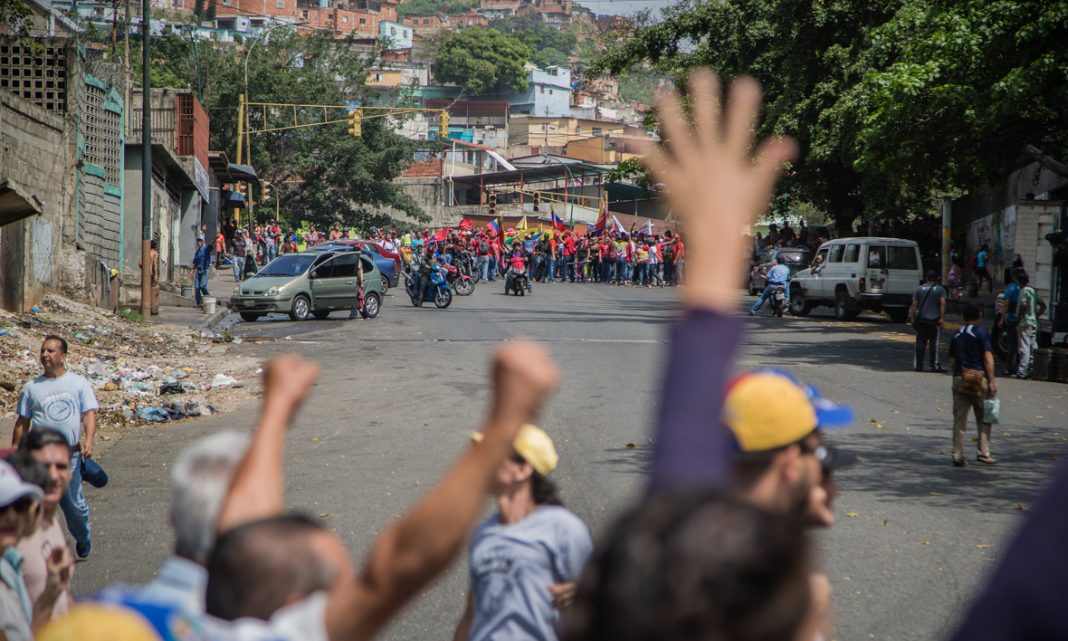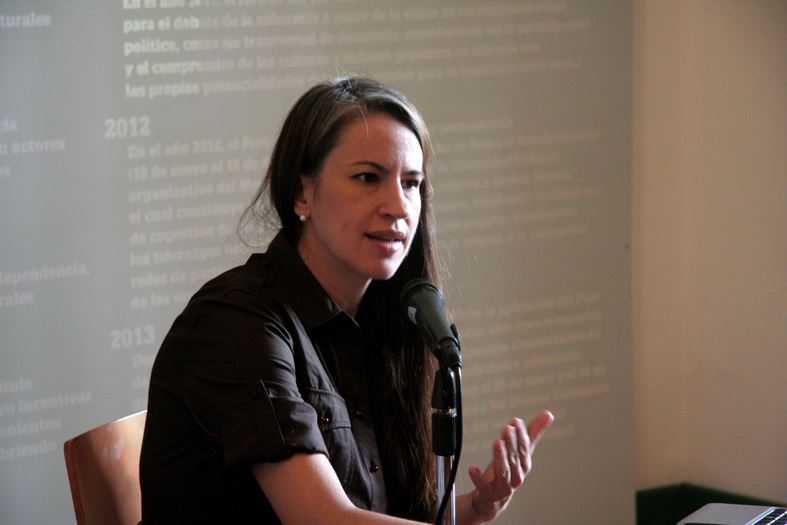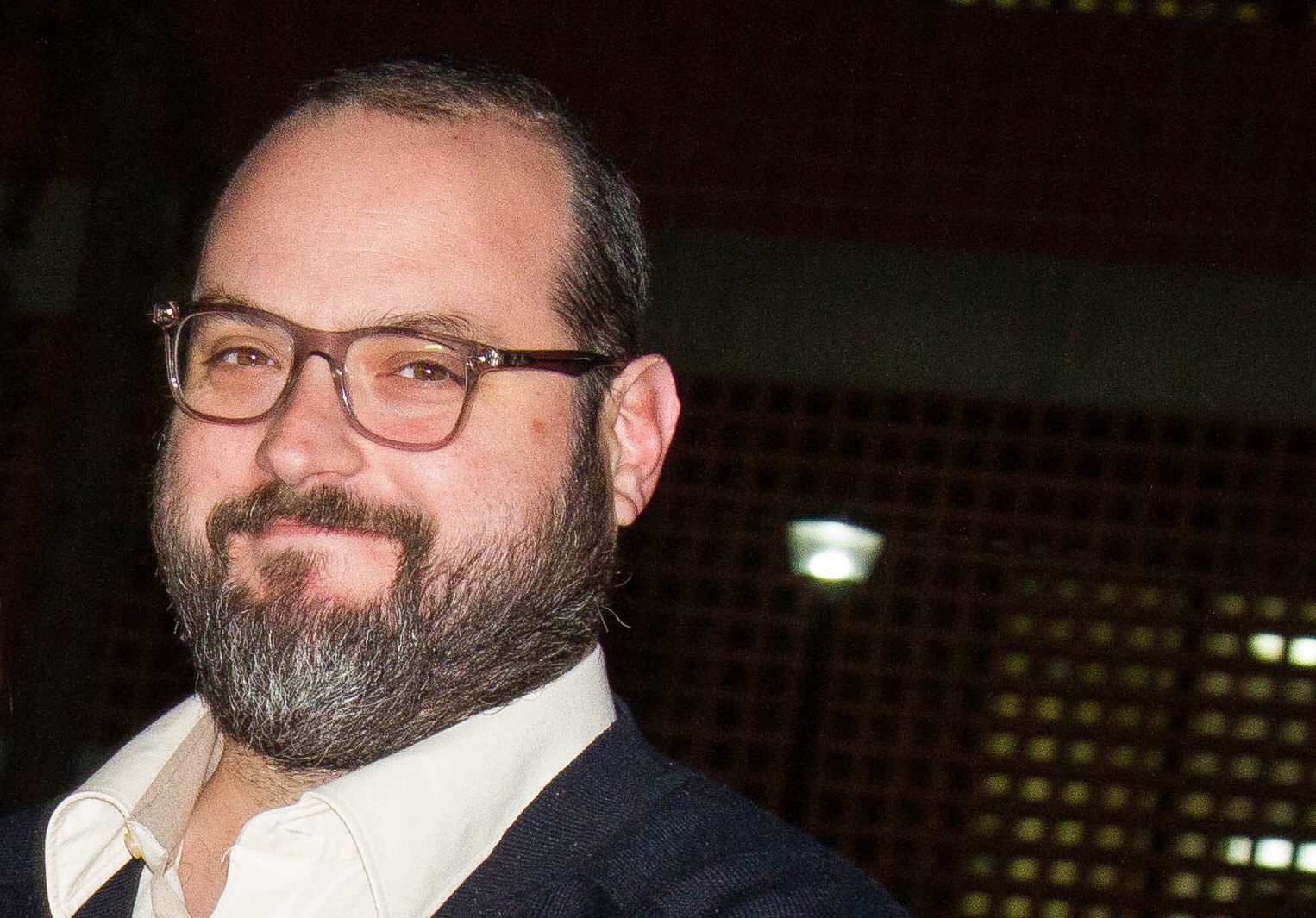Unlike their peers in the region and other countries, intelligence agencies in Venezuela are not dedicated to protecting citizens from the threat of terrorism, drug trafficking, organized crime or corruption, but rather protecting the Government. To this end, they are willing to do anything, including committing serious human rights violations.
The assertion was made by the Independent International Fact-Finding Mission on Venezuela in its third report on the situation in the country presented on September 20 before the Human Rights Council of the United Nations (UN) in Geneva (Switzerland). The Mission found that the crimes against humanity that have occurred since 2014 are not isolated events but part of a “policy” to “silence, discourage and quash opposition to the Government of President Maduro, including by targeting individuals who, through various means, demonstrated their disagreement with the Government, or were perceived as being against the Government, and their relatives and friends who were targeted for being associated with them.”
The 123-page document adds that “the information collected indicates that there has been concerted efforts to remain in power by resorting to means that include the commission of crimes and violations against opponents of the Government and persons perceived as such.”
The harsh report was compiled from 471 interviews —including 230 interviews with victims, their relatives or their representatives and 53 others with former officials— and cases were addressed that include 215 victims of serious human rights violations —122 of them committed by agents of the General Directorate of Military Counterintelligence (DGCIM) and 51 by members of the Bolivarian National Intelligence Service (Sebin).
As in the previous two reports, the authorities refused to respond to the requests for information made by the experts and denied them the possibility of visiting the country to collect information.
The Sebin and the DGCIM under the spotlight
The Mission set once again its eyes on the actions of the Sebin and the DGCIM, bodies that were mentioned for having committed arbitrary detentions, enforced disappearances, torture, sexual abuse, and the kidnapping of relatives of their victims.
The report also found that:
“DGCIM allegedly used luring tactics involving criminal acts to ensure the arrest of the principal targets, including several cases in which DGCIM orchestrated the kidnapping of their family members. This appeared to be a specific tactic employed by military intelligence. As the Mission reported in 2021, in one case, DGCIM officials told the victim that if he did not cooperate with the interrogation, they would imprison some of his relatives as a form of pressure.”
The instance also claims to have recorded at least five cases that have occurred since 2018 involving the officials of the secret service resorting to this practice.
The group of investigators further revealed that both organizations maintain “casas de seguridad” (covert detention centers) in Caracas and other cities. Agents take the opponents and dissidents they detain to these facilities and interrogate them there for hours, days, and even weeks, before bringing them to Court.
Neither justice nor reparation
The Mission took note of the measures that the authorities have taken since early 2021 to allegedly punish human rights violations and prevent their repetition. However, when evaluating the measures, the Mission considered them insufficient, if not ineffective. For example, the instance claimed to have received information indicating that 85 individuals are still detained in one of the several detention centers operated by the DGCIM across the country, 13 of them in the Caracas neighborhood of Boleíta, despite the decree signed by Maduro in early 2021 ordering the transfer of the detainees to prisons administered by the Ministry of Popular Power for the Penitentiary Service.
The instance created by the Human Rights Council was not limited to questioning the Executive’s measures, but also lambasted the justice administration system.
“Individuals involved in these crimes and violations have not only escaped investigations and prosecutions but have received career promotions. Several high-ranking DGCIM officers identified as being involved in the direct perpetration of crimes have been promoted to higher military ranks.”
The Mission did not receive information indicating that
“[T]he victims of crimes and violations in SEBIN’s El Helicoide and DGCIM’s Boleíta detention centres documented in this and the 2020 report have been provided with reparations for the harms they suffered, including compensation, restitution or rehabilitation.”
The report concluded that “the harm (…) suffered [by the victims] remains unaddressed. This perpetuates a situation of lack of justice and reparations.”
A call to the ICC
In the report, the Mission called on the Prosecutor of the International Criminal Court (ICC) to consider its findings, and in particular to analyze “whether Venezuela is investigating and prosecuting genuinely crimes falling under its jurisdiction” by means of “proceedings (…) against the individuals identified in the present report, particularly those at mid and high levels of responsibility.”
Until now, the domestic justice system has convicted the perpetrators in landmark cases including the murder of Councilman Fernando Albán and Lieutenant Commander Rafael Acosta Arévalo, but has failed to investigate responsibilities among the higher command.
As the president of the Mission promised at the beginning of the year, the third report identifies some of the alleged perpetrators of the crimes. Thirteen names of high-ranking and middle-ranking officials are mentioned in the document.
How does it affect Venezuelans?
This new document exposes to the world the seriousness of the situation faced by Venezuelans, who are not only victims of criminal violence but also violence by the State. The domestic organs tasked with protecting the citizens and their rights do not fulfill this constitutional and legal function and are instead dedicated to protecting the current rulers.
The report highlights the need for the Fact-Finding Mission to continue its work of investigation and denunciation. Acceso a la Justicia welcomes the recent extension of the mandate of the Mission and highlights that the causes that led to its creation in 2019 persist and are far from being resolved.
Translated by José Rafael Medina




